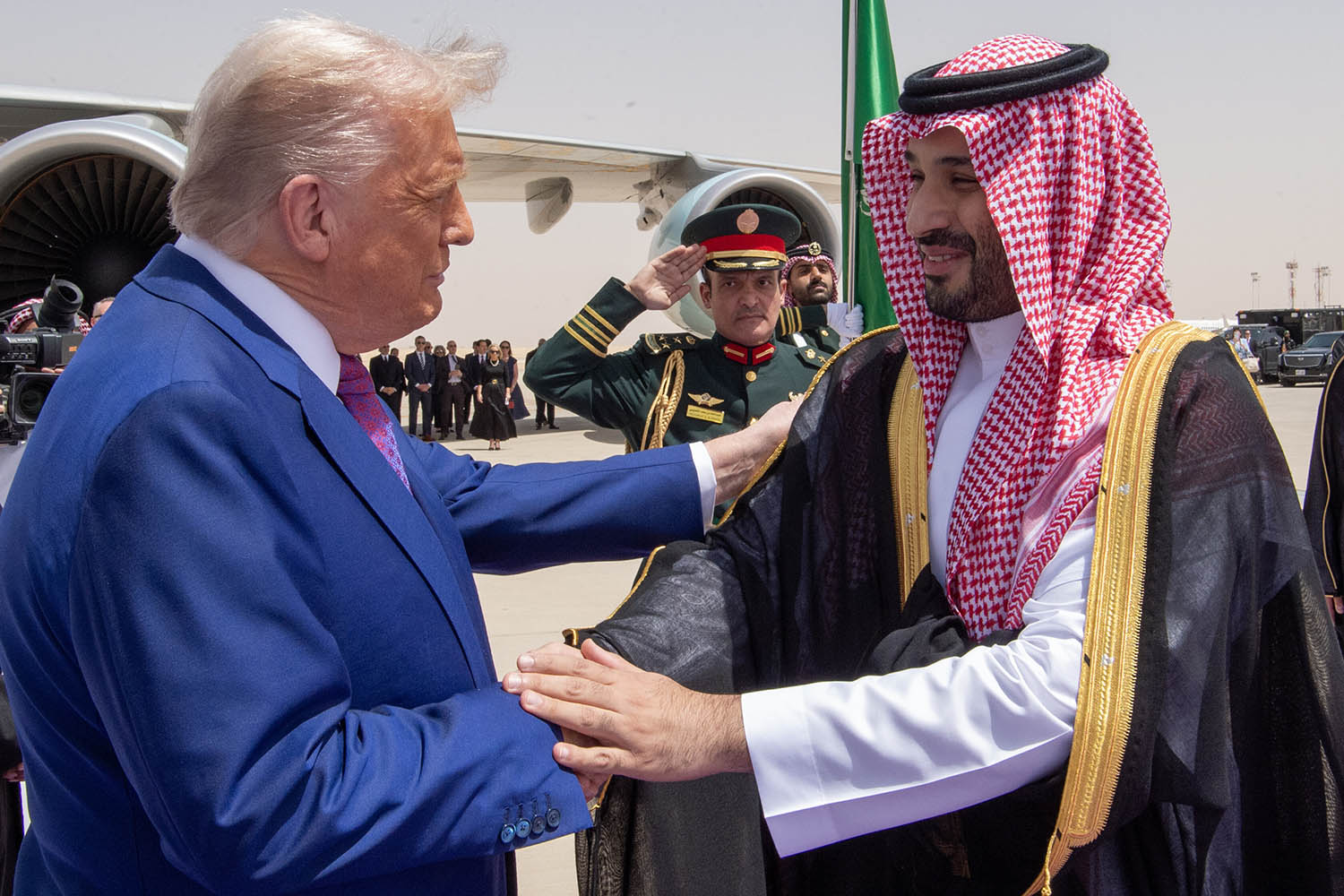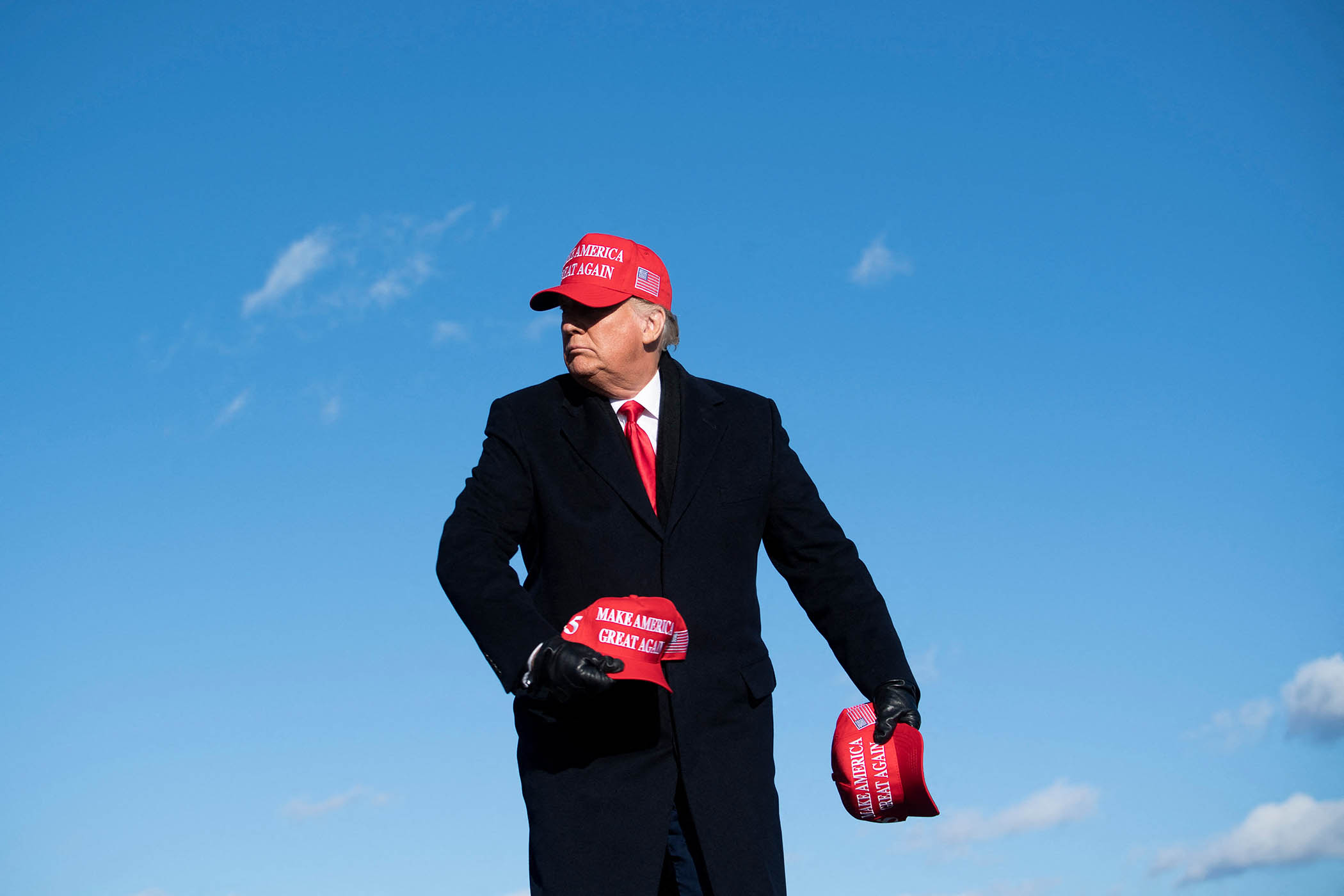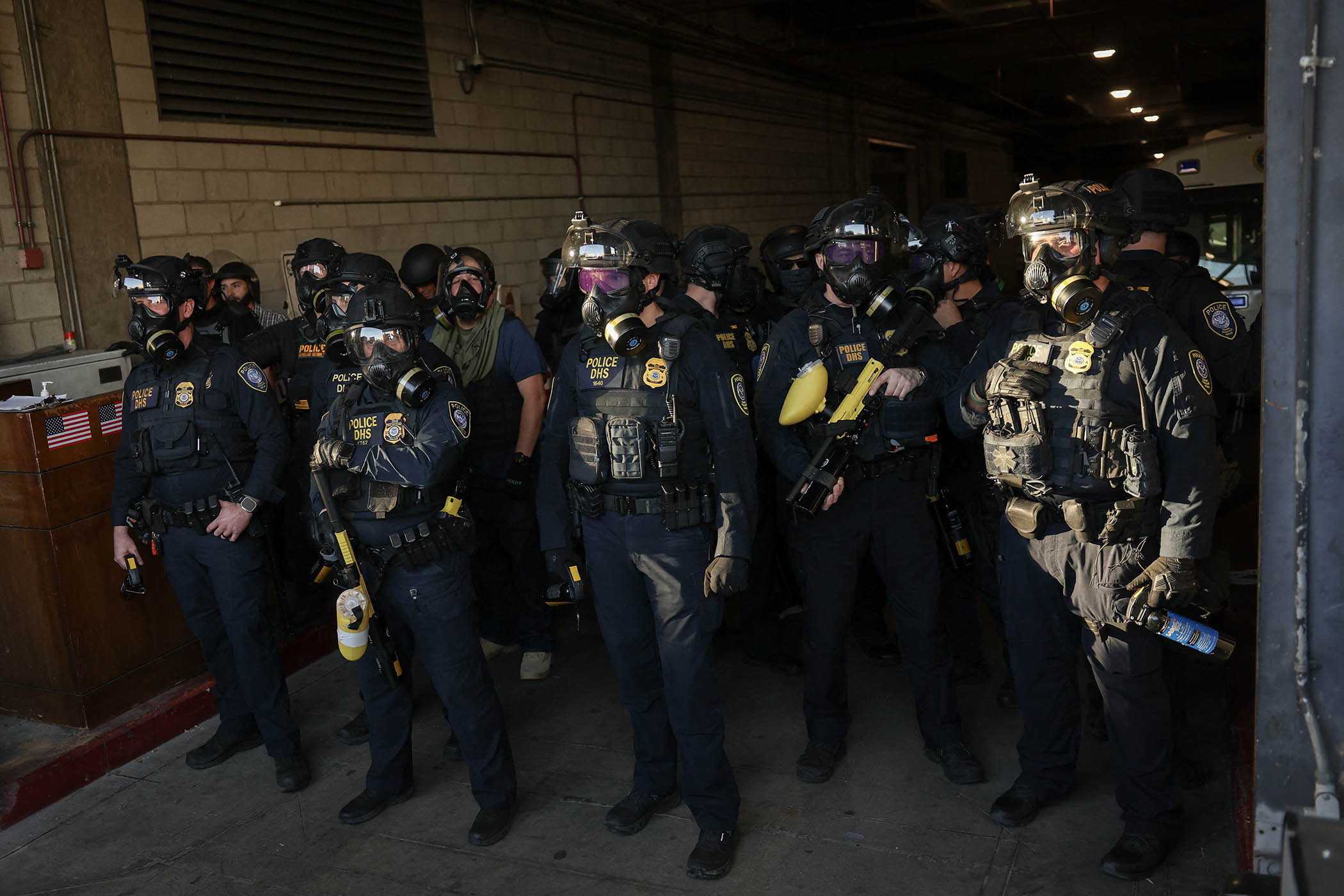Welcome to the Sensemaker, our daily newsletter. It features calm and clear analysis on the stories driving the news across tech, politics, finance, culture and more. The Sensemaker will appear here every morning, but to receive it in your email inbox, sign up on our newsletters page.
Donald Trump began his four-day visit to the Middle East yesterday by securing a $600 billion investment commitment from Saudi Arabia.
So what? Deals are uppermost in Trump’s mind. But they aren’t the only reason he chose the Gulf for his first foreign trip when most US presidents start with Mexico, Canada or the UK. The Middle East is where Trump’s peacemaking ambitions could be realised. Yesterday he also
•
promised to lift sanctions on Syria;
•
said he wanted to strike a deal in Iran; and
•
mused that the Gazans deserve “a much better future”.
Whatever Obama can do. Despite being the most divisive president in US history, Trump said at his inauguration that his “proudest legacy will be that of a peacemaker and unifier”. He has made no secret of wanting to win the Nobel Peace Prize.
Where peace may spring. The Middle East is both an ongoing theatre of war and a negotiating hub for global crises:
•
Saudi Arabia has hosted US talks with Russia and Ukraine, and been floated as the place where Trump could meet Putin for the first time since returning to office.
•
Qatar has hosted US-brokered talks between Israel and Hamas, as well as Rwanda and DRC, having mediated the release of American hostages in several countries.
•
Oman mediated a ceasefire with Yemen’s Houthis and is overseeing nuclear talks between Iran and the US.
Manhattan in the Mideast. Trump’s vow to lift sanctions in Syria will be seen by many as a step towards wider stability. But the jury is out on whether he has the patience and discipline to bring about sustained peace in the region and beyond. His ‘wins’ since January include
•
brokering a short-lived ceasefire between Hamas and Israel;
•
forcing Ukraine to contemplate a peace deal with Russia;
•
opening talks with Iran to rein in its nuclear programme;
•
bringing Rwanda and DRC to the negotiating table;
•
helping to secure a truce in Kashmir; and
•
reaching a deal with the Houthis.
Reality check. Many of these are at best overtures to peace given that
•
Israel broke the ceasefire and is planning a new offensive;
•
truce talks between Ukraine and Russia have faltered;
•
tensions between India and Pakistan remain high; and
•
the Red Sea is still a danger zone.
Sounds familiar. Many of Trump’s first-term initiatives failed, despite grabbing headlines. Denuclearisation talks with North Korea’s Kim Jong-un did not yield a result for all Trump’s claims the two men “fell in love”. Trump’s deal with the Taliban left Biden to oversee a chaotic Afghanistan withdrawal that led to the death of 13 US troops.
Luck rather than judgement. “I think he sees all the military conflict as a bit unnecessary and unpleasant, and his basic view is he would like all this to get out of the way,” says Lawrence Freedman from King’s College London. “This doesn’t reflect any grand strategy. He’s mostly interested in deals that keep things quiet rather than durable solutions.”
The challenge. “If you want to be a peacemaker, you have to find a point where the interests of belligerents align,” Freedman says. “They have to feel they are getting something out of it politically or economically.”
•
For Israel this means not only freeing the hostages still held by Hamas, but wiping out the militants completely even if it comes at the cost of civilian losses.
•
For Russia this means bringing Ukraine back into Moscow’s orbit.
•
For Iran this means getting relief from US sanctions.
Newsletters
Choose the newsletters you want to receive
View more
For information about how The Observer protects your data, read our Privacy Policy
In other words, pleasing everyone is hard and sometimes indefensible.
Maybe he won’t. Trump is not visiting Israel this week. His policy turn on Syria is in defiance of Netanyahu, who recently ordered airstrikes on Damascus and wants to see the south of the country entirely demilitarised.
A true grand strategy. There are tensions between the US and Israel over the future of Gaza and how to deal with Iran. This provides an opening for Gulf states to seize the initiative on both counts by persuading the US president that they – and not Israel – hold the right answers for the region.
Exhibit A. This approach has already worked with Syria. Mohammed bin Salman was visibly delighted at the announcement. Arab leaders will hope that more economic deals soften the ground further.
What’s more… In the end, for Trump, it’s a numbers game. In The Art of the Deal, Trump wrote: “I keep a lot of balls in the air, because most deals fall out, no matter how promising they seem at first.”
Photograph Bandar Al-Jaloud/Saudi Royal Court/Anadolu via Getty Images




